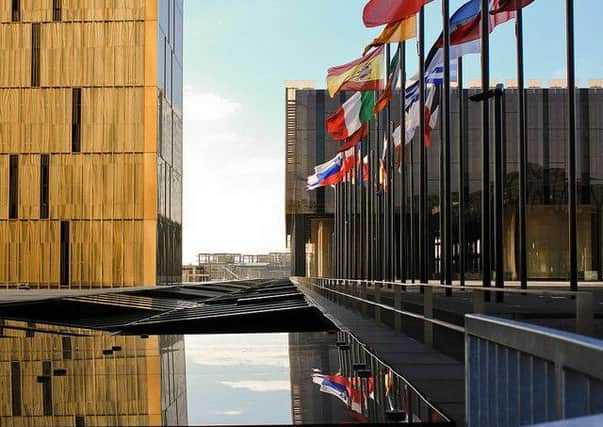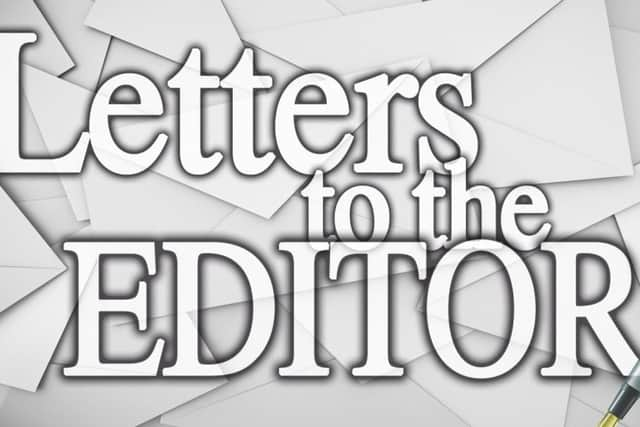There are still rumours of a regulatory border in the Irish Sea


This would still leave Northern Ireland law subject to EU courts rather than Parliament in Westminister.
All NI business would be subject to EU regulations despite most not trading with the EU but more worryingly we would have absolutely no say and no vote in the creation of these regulations.
Advertisement
Hide AdAdvertisement
Hide AdAdmittedly many regulations can be influenced by the UK on a global scale through bodies such as ISO, UNECE etc. But ultimately Northern Ireland would be a vassal state of the EU and would undoubtedly result in voters lobbying MEPs in the Republic of Ireland to “represent” them in the EU.


Fianna Fail are due to start contesting elections in NI (and possibly linking up with the SDLP) and Sinn Fein have MEPs in the Republic. Such a scenario would leave unionism very isolated and it is hard to believe the DUP is even entertaining the idea, so I would welcome clarification that they are not.
Having rejected the prime minister’s Chequers deal Brussels are using Northern Ireland to manoeuvre the UK as close as possible to their preferred option of EEA+ customs union — possibly via the legally binding backstop.
In contrast the UK will only receive a non legally binding “political declaration” on the future relationship.
You have to ask — if the EU manage to get close to their preferred EEA option via the backstop, why would they seek to seal the UK’s preferred option of a Free Trade Deal?
Alan Day, Coagh